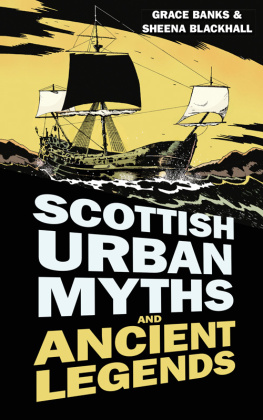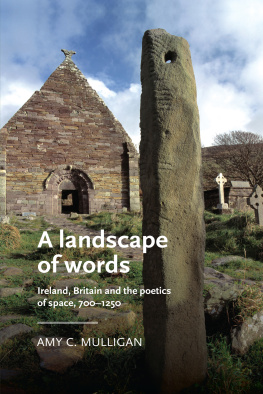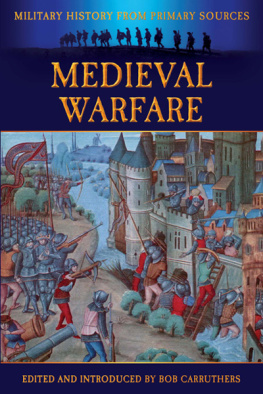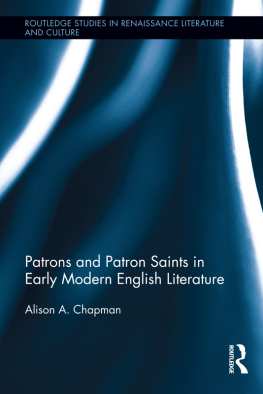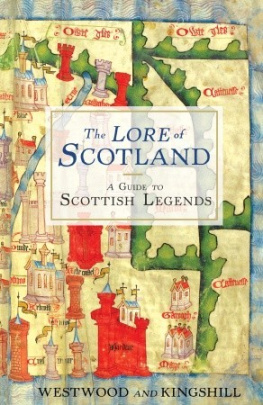
Series editors: Anke Bernau and David Matthews
Series founded by: J. J. Anderson and Gail Ashton
Advisory board: Ruth Evans, Nicola McDonald, Andrew James Johnston, Sarah Salih, Larry Scanlon and Stephanie Trigg
The Manchester Medieval Literature and Culture series publishes new research, informed by current critical methodologies, on the literary cultures of medieval Britain (including Anglo-Norman, Anglo-Latin and Celtic writings), including post-medieval engagements with and representations of the Middle Ages (medievalism). Literature is viewed in a broad and inclusive sense, embracing imaginative, historical, political, scientific, dramatic and religious writings. The series offers monographs and essay collections, as well as editions and translations of texts.
Titles Available in the Series
The Parkment of Foulys (by Geoffrey Chaucer)
D. S. Brewer (ed.)
Language and imagination in the Gawain-poems
J. J. Anderson
Water and fire: The myth of the Flood in Anglo-Saxon England
Daniel Anlezark
Greenery: Ecocritical readings of late medieval English literature
Gillian Rudd
Sanctity and pornography in medieval culture: On the verge
Bill Burgwinkle and Cary Howie
In strange countries: Middle English literature and its afterlife:
Essays in Memory of J. J. Anderson
David Matthews (ed.)
A Knights Legacy: Mandeville and Mandevillian Lore in early modern England
Ladan Niayesh (ed.)
Rethinking the South English legendaries
Heather Blurton and Jocelyn Wogan-Browne (eds)
Between earth and heaven: Liminality and the Ascension of Christ
in Anglo-Saxon literature
Johanna Kramer
Transporting Chaucer
Helen Barr
Sanctity as literature in late medieval Britain
Eva von Contzen and Anke Bernau (eds)
Reading Robin Hood: Content, form and reception in the outlaw myth
Stephen Knight
Annotated Chaucer bibliography: 1997-2010
Mark Allen and Stephanie Amsel
Roadworks: Medieval Britain, medieval roads
Valerie Allen and Ruth Evans (eds)
Love, history and emotion in Chaucer and Shakespeare:
Troilus and Criseyde and Troilus and Cressida
Andrew James Johnston, Russell West-Pavlov and Elisabeth Kempf (eds)
Gesta Romanorum: A new translation
Christopher Stace
The Scottish Legendary
Towards a poetics of hagiographic narration
Eva von Contzen
Manchester University Press
Copyright Eva von Contzen 2016
The right of Eva von Contzen to be identified as the author of this work has been asserted by her in accordance with the Copyright, Designs and Patents Act 1988.
Published by Manchester University Press
Altrincham Street, Manchester M1 7JA
www.manchesteruniversitypress.co.uk
British Library Cataloguing-in-Publication Data
A catalogue record for this book is available from the British Library
Library of Congress Cataloging-in-Publication Data applied for
ISBN 978 0 7190 9596 2 hardback
First published 2016
The publisher has no responsibility for the persistence or accuracy of URLs for any external or third-party internet websites referred to in this book, and does not guarantee that any content on such websites is, or will remain, accurate or appropriate.
Typeset by Out of House Publishing
To my father, Willy von Contzen
Contents
Many people have supported me in writing this book, which I began writing as my dissertation at Ruhr-University Bochum, Germany, in 2009. First of all, I wish to thank my supervisor, Luuk Houwen, who introduced me to the fascinating world of medieval literature and whose guidance and enthusiasm were a constant source of inspiration. My second supervisor, Monika Fludernik, likewise encouraged me throughout, and provided invaluable advice. I also would like to thank Reinhold Glei, who made it possible to pursue my interdisciplinary interests. Thanks to a generous stipend from the DAAD, I was given the opportunity to do research at the National Library of Scotland in Edinburgh. My gratitude also goes to the Scottish medievalists, especially to Liz Elliot and Melissa Coll-Smith, whose feedback I very much appreciated. A special thank you goes to Katie Walter, whose expertise helped me enormously in the final phase of the dissertation.
My family, who had to endure my preoccupation with medieval saints lives, were always supportive of my work, and I feel incredibly grateful for their interest and understanding. Christian, your support is beyond words. Last but not least, I would like to thank the brilliant staff at Manchester University Press, the series editors Anke Bernau and David Matthews, and Sarah Salih for their wonderful support. It goes without saying that all mistakes are entirely my own.
I wish I could thank my father, who once lit the spark of learning in me, for his encouragement and trust that have made all my academic pursuits possible.
| DSL | Dictionary of the Scots Language |
| LAOS | Linguistic Atlas of Older Scots |
| MED | Middle English Dictionary |
| OED | Oxford English Dictionary |
In the late fourteenth century, somewhere in the Scottish Lowlands, a hitherto unidentified clergyman sat down and composed what would become the largest extant compilation of medieval saints lives in the vernacular next to the South English Legendary: the so-called Scottish Legendary a work of fifty saints lives, comprising more than 33,000 lines of rhymed octosyllabic couplets. In the Prologue, the poet describes himself as a cleric too old for parish work who therefore seeks to fight idleness by busying himself with a useful task, hence the translation, as he sometimes refers to his literary activity, of the legends of the saints. The purpose of the compilation, the poet announces at the very beginning, is edification. The saints are role models because their behaviour holds up a mirror to the believers (as merroure ar us to; Prol. 25) and the audience is invited to take the stories as an example for their own service to God:
I wryt e lyf of sanctis sere,
how at men ma ensample ta
for to serwe god, as did ai.
In that respect, the Scottish Legendary is conventional. Overall, however, it is not: the compilation is a hoard of late medieval practices of narration for an audience who may be in need of spiritual guidance, but first and foremost wants to be entertained. The poet shows a heightened awareness for the entertaining potential of the genre and exploits generic overlaps and crossovers while toning down straightforward didactic passages. As the only example of vernacular hagiography from medieval Scotland that survived the Reformation, the



